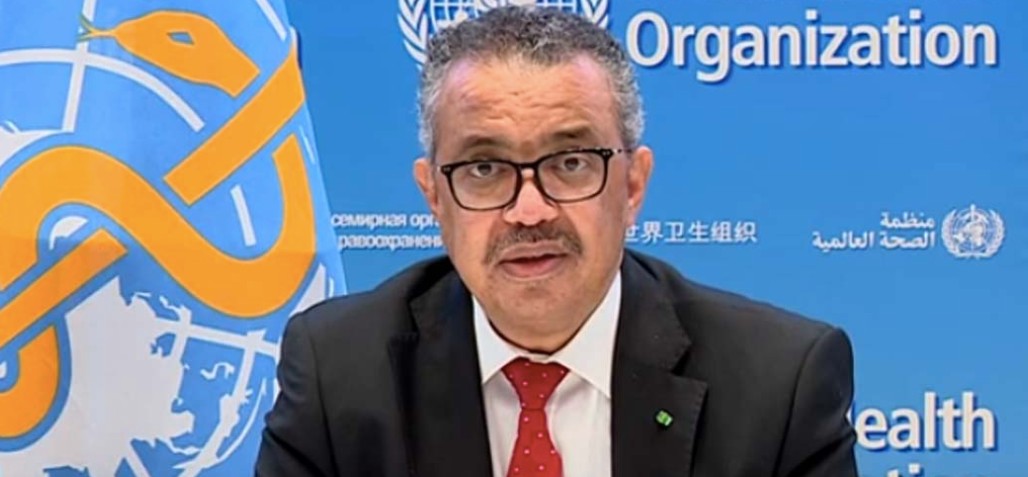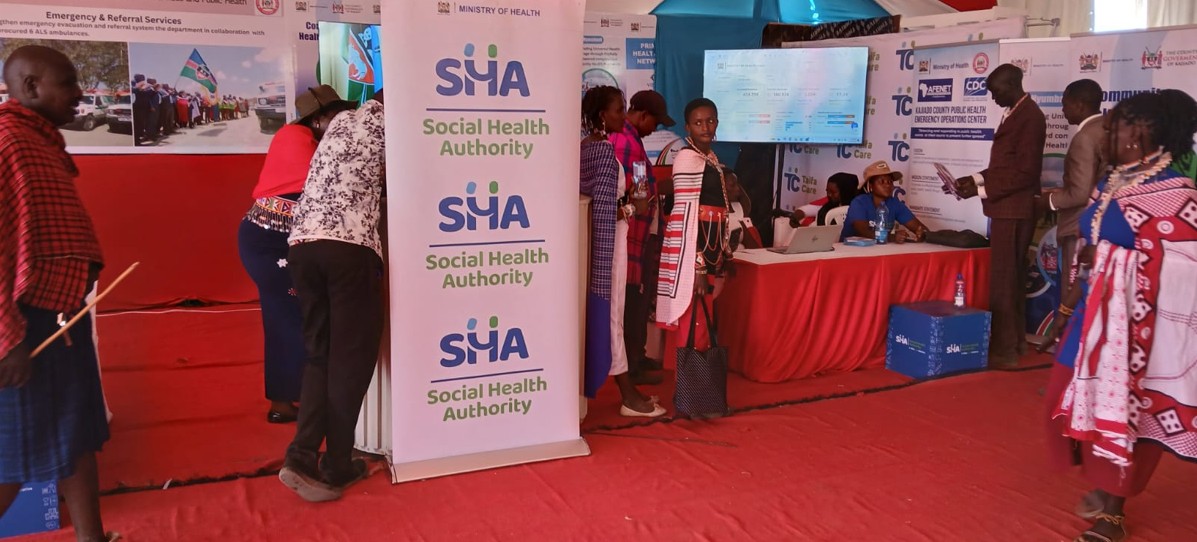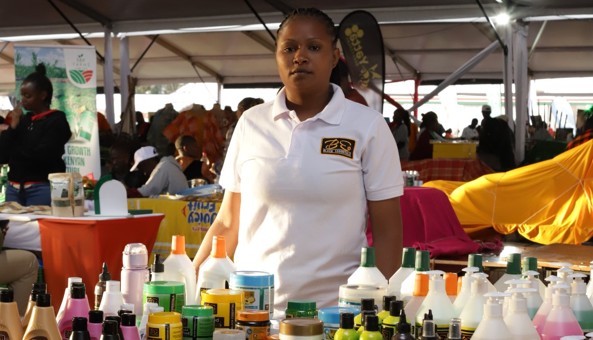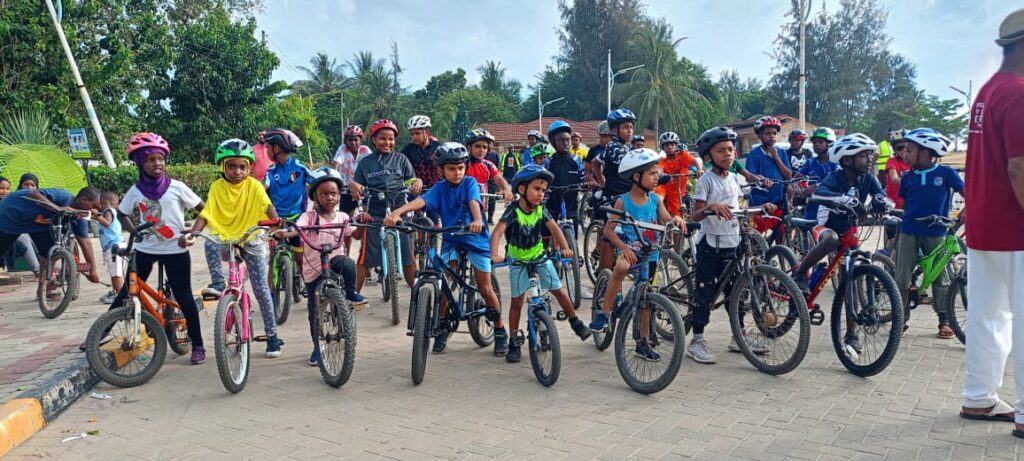Victims permanently scarred as GBV cases rise at the Coast
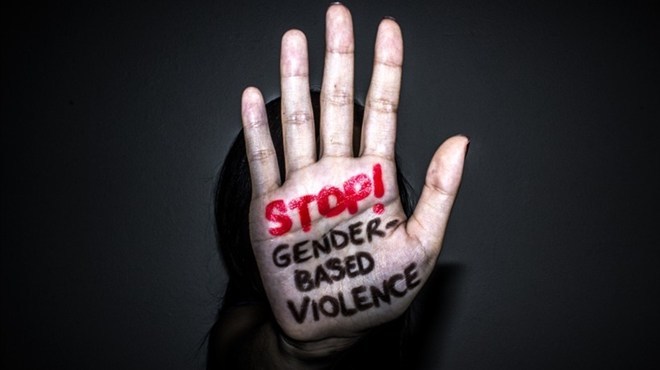
A similar pattern was traced to their lovers, who bragged about committing the acts to prevent them from finding love again.
Three young women from Mombasa and Kwale Counties are nursing severe injuries as a result of gender-based violence.
Persistent lovers who could not take no for an answer have changed the lives of Deborah Wangeci, Fatuma Kaingu, and Zainab Racheti for the worse. From physical wounds to emotional or psychological trauma, the trio is at risk of experiencing long-lasting effects that could profoundly impact their well-being and future relationships.
More To Read
- Kenya, UK celebrate success of Sh3.6 billion REINVENT security programme after seven years
- W20 pushes G20 to advance women’s economic empowerment, care work, health, climate justice
- Sexual violence driving mass flight from Sudan to South Sudan: What you need to know
- 16 days of activism: Strengthening protection against gender-based violence
- Violence against women and children is deeply connected. Three ways to break the patterns
- Digital experts sound alarm as tech-facilitated GBV continues to target Kenyan women
A similar pattern was traced to their lovers, who bragged about committing the acts to prevent them from finding love again, either by damaging their physical outlook or their hearts.
Deborah Wangeci - 31 per cent of burns
Wangeci, a 24-year-old woman, is nursing 31 per cent of burns on her upper body after her 28-year-old lover, Isaac Higa, attacked her with hot cooking oil when she requested to take a break from what she perceived as a toxic relationship.
According to Wangeci, she had been in a two-year relationship with Higa but was forced to call it off after he exhibited violent behaviour.
"Every time we argued, he would break something. In one instance, he broke a window and in another, he crushed my phone on the wall. We were living together and this frightened me a lot, even though he never raised a hand at me," she told The Eastleigh Voice.
However, on many occasions, the man had threatened to die by suicide if she ever left him.
"This was a red flag for me. I decided to ask him in the most polite way for a separation, with the excuse that I wanted to focus on myself. I thought he was okay with it until March this year, when he poured hot oil on me. I had returned from visiting his sister, who is my friend," she recalled amid tears.
What pained her the most was that the lover proudly boasted that the burns would ensure no other man looked her way again.
The lover, according to Wangeci, was recently arrested, and the case is ongoing.
Fatuma Kaingu - permanent blindness
Fatuma, a 22-year-old from Mombasa, sustained permanent blindness after her suitor splashed her with corrosive liquid in 2021.
A Mombasa court sentenced Fatuma's perpetrator, Mohammed Kombo, to 30 years in prison for causing her great harm, in contrast to Wangeci, who has not yet received justice.
While issuing the judgement, Senior Resident Magistrate Gladys Ollimo said it was unfortunate that Fatuma Kaingu will not enjoy one of the most important senses for the rest of her life.
According to Fatuma, Mohammed (29) had tried to woo her on several occasions but she refused his advances and was infuriated.
As his way of seeking revenge, he splashed into her eye a corrosive substance believed to be acid.
While narrating her ordeal, Fatuma, who works as a househelp in Tudor, Mombasa, said that the incident occurred in November 2021 when she had finished her daily chores at her employer's house when Mohammed stormed in.
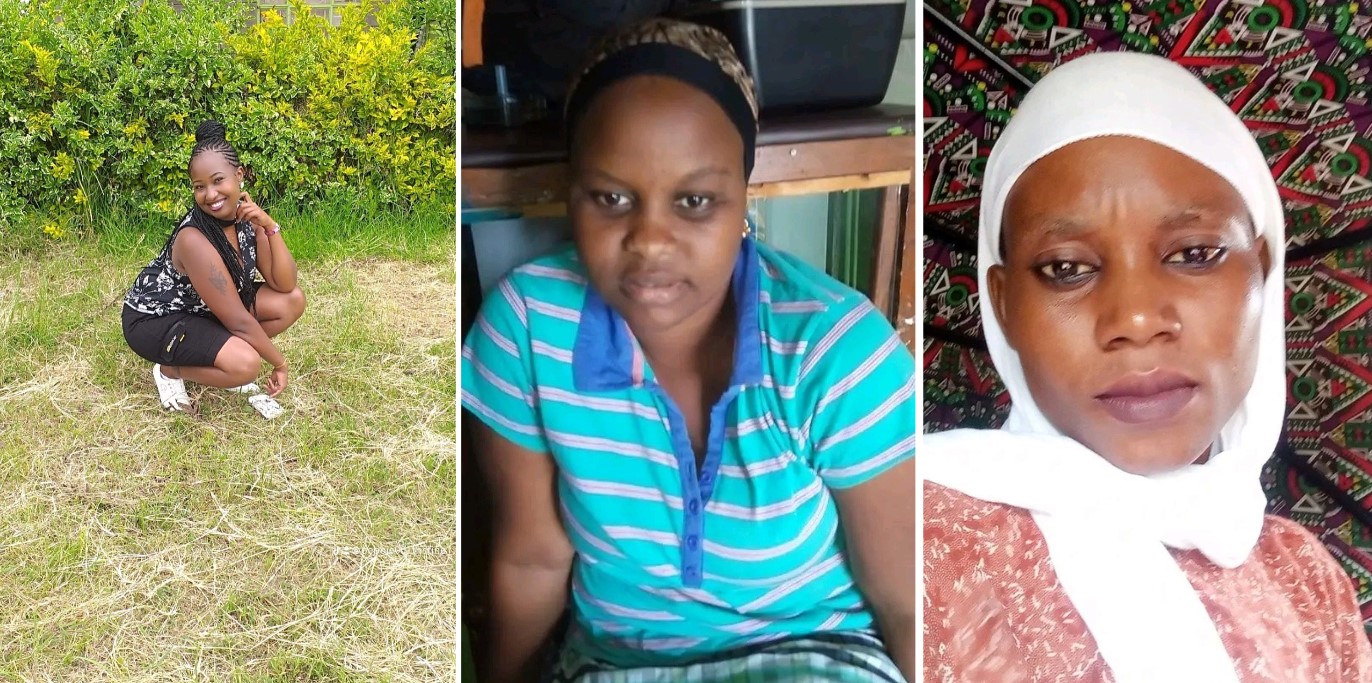 From left: Deborah Wangeci who sustained 31 percent of burns in her upper body after he lover poured hot oil on her, Fatuma Kaingu who was rendered permanently blind after a suitor splashed a corrosive liquid into her eyes and Zainabu Racheti who almost lost her life after her lover tried tried to burn her alive. (Photo: Mishi Gongo)
From left: Deborah Wangeci who sustained 31 percent of burns in her upper body after he lover poured hot oil on her, Fatuma Kaingu who was rendered permanently blind after a suitor splashed a corrosive liquid into her eyes and Zainabu Racheti who almost lost her life after her lover tried tried to burn her alive. (Photo: Mishi Gongo)From left: Deborah Wangeci who sustained 31 percent of burns in her upper body after he lover poured hot oil on her, Fatuma Kaingu who was rendered permanently blind after a suitor splashed a corrosive liquid into her eyes and Zainabu Racheti who almost lost her life after her lover tried tried to burn her alive. (Photo: Mishi Gongo)
"He held my hands and started to pull me out. During the confrontation, he removed a small bottle from his pocket that had some liquid and sprayed my eyes," Fatuma lamented.
She said that when the liquid entered her eyes, she felt severe pain, which forced her to scream for help.
Just like in Wangeci's case, Mohammed was said to have bragged that she would never lay her eyes on any other man.
"He told me that I would not see him again since I had refused to give in to his advances," she told the court.
Zainab Racheti - nearly killed
Zainab, 25, from Kwale County, says her lover locked her in the room and tried to kill her but she was lucky that neighbours rescued her on time.
"The man used to beat me. Sometimes he would lock me outside the house and force me to spend the night in the cold. When I had enough of his torture, I asked for a break but he tried to burn me alive inside our house," she recalled.
The three cases are just a few of the many gender-based violence incidents that have left women with permanent disabilities and physical and psychological scars that the victims are afraid will never heal.
According to data from Muslims for Human Rights (MUHURI), cases of gender-based violence at the Coast are on the rise, with the most affected group being young ladies between the ages of 19 and 28.
The organisation says younger women remain particularly at risk of such violence, with one in four women aged 15 to 24 suffering at the hands of an intimate partner by the time they reach their mid-twenties.
Topista Juma, a gender officer at the human rights organisation, says there is a need for a collaborative effort to win the war against GBV.
The officer says that MUHURI recorded 10 cases of GBV last month.
Most of these cases are derailed by the long court processes and victims, at times, give up their pursuit of justice out of the shame associated with the act. Some suffer from stigma, while others are afraid of being stereotyped.
"Society always assumes that it is a woman's fault. The majority just accept the violence done against them and move on," Topista says.
Other victims give up on the cases because they feel that no amount of jail time can compensate for their physical and psychological scars.
"Some would say I have lost a leg or eyes or I cannot get my former self back even if the culprits are jailed for life. Therefore, we need to have more sensitisation and counselling sessions with the victims," she added.
Sheikh Ali Idris, chair of Imams in Likoni sub-county, urged parents to educate their children on how to relate to a spouse before marrying them.
He said currently, a lot of sensitisation is done to girls, leaving the boy child behind.
"We need to identify the root cause of these cases to get ideal solutions. Young men need to be taught how to handle rejection and mental issues," he said.
Top Stories Today



